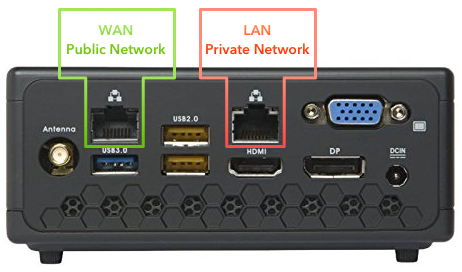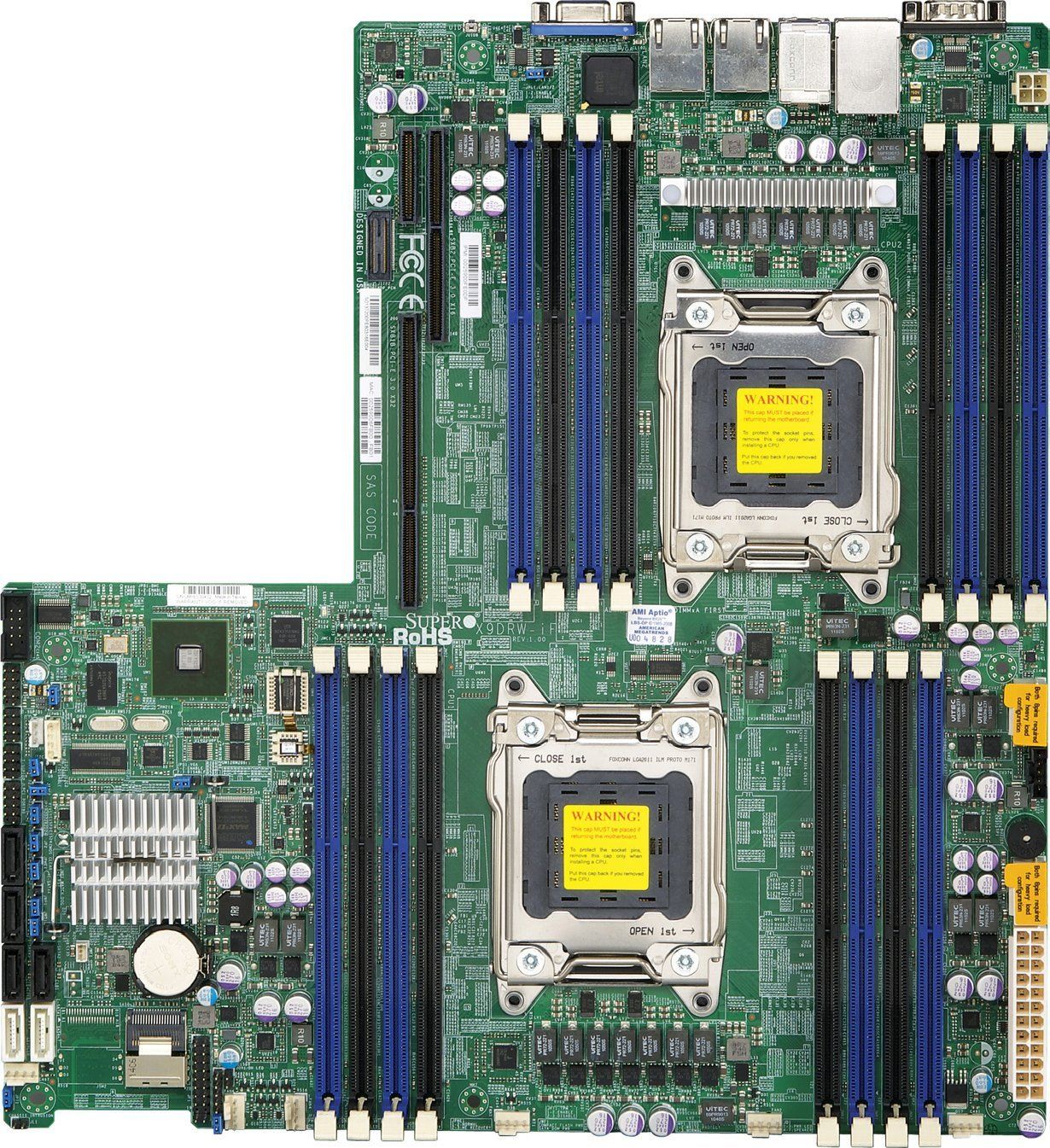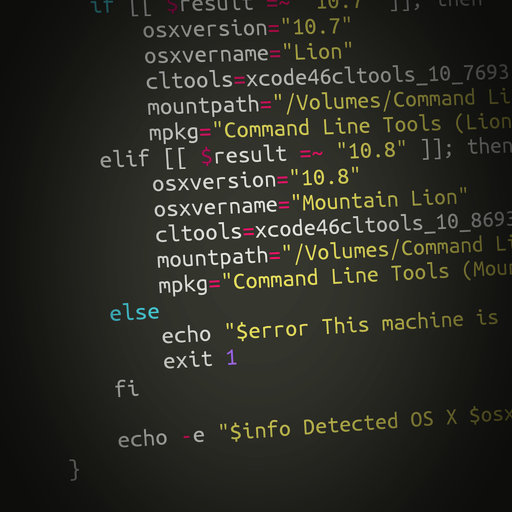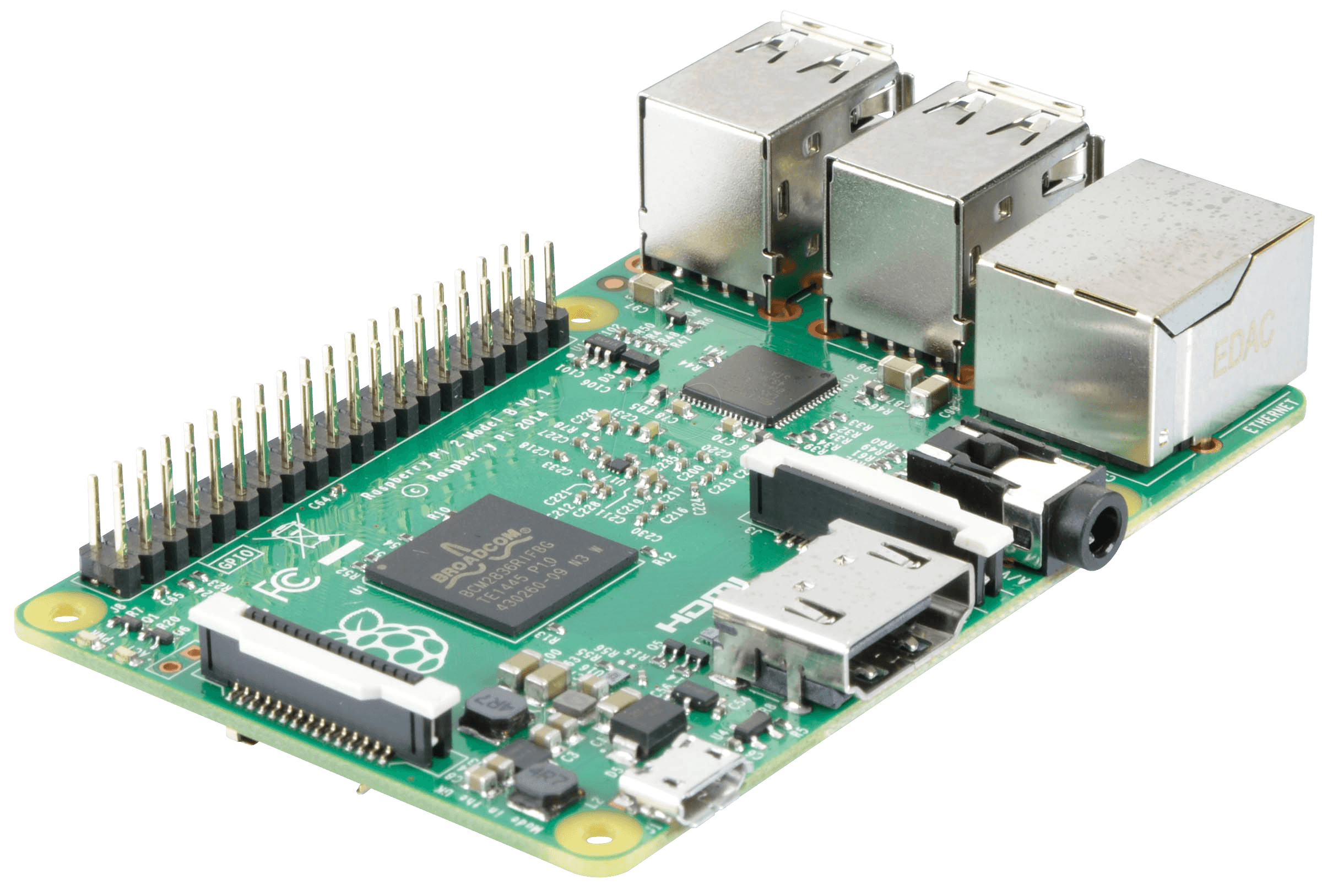-

Metamorphosis: Variety is the Spice of Life
After a long hiatus, I am back with a new focus on soft skills, leadership, economic uncertainty, and personal growth.
-

Build Your Own Home Router
Today we’re going to build a router. Yes, that’s right, we’re venturing into networking, which for many is uncharted, technically daunting territory. Together we will work through all of the steps required to build a high performance, Linux-based router I have named alpha — almost totally from scratch. What’s more, when it comes to speed, reliability, security, and customization, the router we build will…
-

Updating the BIOS firmware on the Supermicro X9DRW-iF
Yesterday evening I posted a detailed tutorial that explains how to flash/update the IPMI firmware on the X9DRW-iF server from Supermicro. Today I’m going to explain how to flash the BIOS on the same hardware. If you’re not familiar with what a BIOS firmware flash is, there’s no shame in not knowing, here is a…
-
Flashing the IPMI firmware on a Supermicro X9DRW-iF
I recently tasked myself with bringing IPMI up to date on a Supermicro X9DRW-iF server. This can be quite dangerous, as a bad IPMI flash can break IPMI in a way that requires you end up having to mail your hardware (RMA) to Supermicro to get it re-flashed. As such, I’m not hugely fond of doing…
-

Automating Your MacOS X Deploy – Part I
In this post, I’ll begin to demonstrate how beneficial it can be to automate some of the more tedious tasks involved with setting up a new install of MacOS X Lion (10.7) or Mountain Lion (10.8). In this early post we’ll focus on getting our machine to a state where it has the tools and…
-
How To Disable Java on OS X Lion to Protect from Zero-Day Bug
A Java zero-day exploit was reported today. Here’s how to disable Java on Mac OS X Lion so that for the time being, you won’t accidentally run any applets that could compromise the security of your system(s). A command to reverse your changes is also included so that once the all clear is given we…
-
Fixing OpenLDAP Authentication on OS X Lion
If you’ve upgraded to Mac OS X 10.7 (Lion) from Mac OS X 10.6.x (Snow Leopard), and you’re managing a network that uses OpenLDAP for authentication, you may have found that you can no longer authenticate using OpenLDAP from Mac OS X Lion. Today I’ll be showing you a quick solution to this problem as…
-
Setup a Django VM with Vagrant, VirtualBox, and Chef
If you’ve decided that you want to learn the Django framework, but you don’t know where to begin, you’ve come to the right place. In this guide we’ll be walking step-by-step through the setup of a Django development VM. By the time we’re done we’ll have used a variety of amazing open-source tools to create a…
-
Tip: Easily Find Files In The Current Directory
If we insert the following function into our .bashrc or .zshrc we can then easily run what I call a “quick find” on the current working directory. # qfind – used to quickly find files that contain a string in a directory qfind () { find . -exec grep -l $1 {} \; return 0…
